Wellbeing Tips for Thriving in Surgery
The state of being comfortable, healthy or happy.
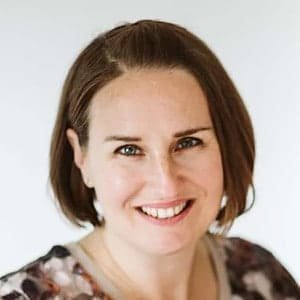
By Karen Forshaw
GP Doncaster (Yorkshire & the Humber)
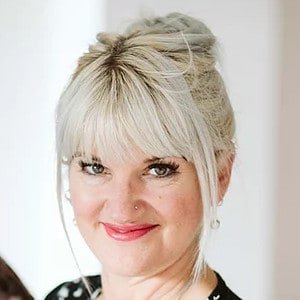
By Chrisssie Mowbray
Chartered Physiotherapist (Yorkshire)
General Practice can be tough; in March 2021 we carried out 15 million consultations! We have a very limited time with patients and they come one after the other. With telephone consultations, watching the list get longer and longer can be daunting. With these lists, and the staggering increases in demand, we have all seen our surgeries getting longer and longer. The morning session leaks into lunch and we often leave late. General Practice feels like it is becoming unsustainable. In our HEE Trainer conference recently a delegate asked
“What can we do to help us get through the day?”
What a great question! We all know the NHS is under-funded, and Primary Care particularly so. There is work to be done at national levels to address this. Whilst this work in underway what do we do?
The question inspired us to share our top tips for maintaining your wellbeing during surgery. They are quick to do and easy to implement.
www.resilientpractice.co.uk shares a large number of diverse tools and techniques to get you started. Click the button below.
Drink lots of water:
Water really is the elixir of life. It makes up 60% of the adult human body. We get water from our food but the “NHS Eat Well Guide” advises we should also drink 6-8 glasses per day. The health benefits of hydration are well recognised. Even mild dehydration has been shown to impact on our energy levels and our cognitive function, particularly performance in tasks that require attention, psychomotor and immediate memory skills, and assessment of the subjective state[1]. These are all functions that are essential in the consultation. When we say water, any fluids count, including coffee and sugar free drinks. (Avoid high sugar drinks as these will cause a blood glucose roller coaster.) Get a big water bottle and put 6 glasses of water in it. Take it to work with you and make sure it is empty before you go home.
[1] Adan A. Cognitive performance and dehydration. J Am Coll Nutr. 2012 Apr;31(2):71-8.
Breathing exercises:
Much of the time we do not breathe effectively. Sitting hunched over a computer screen trying to hold the phone to our ear and type leads to use of the accessory muscles to breathe rather than the diaphragm. In doing this we lose out on oxygen and the vagal stimulation that generates the relaxation response and sees our HR and BP fall. Before you start surgery take 5 minutes to sit up straight in your chair with your feet flat on the floor. Put one hand on your chest and one on your abdomen. Take a deep breath in through the nose. Feel the hand on your abdomen rise up and out. Keep the breaths slow and deep. Make the out-breath longer than the in-breath for maximum effect.
Talk to colleagues and smile:
Being a GP can be quite isolating. Social distancing has meant we can go to work and sometimes only talk to patients. Locum work can also have this effect. Humans are social animals and we are supported by our social networks; they are worth investing in. Take the time to connect with colleagues and members of staff. If you are an employer, listening to staff will help maintain your workforce. Debriefing after surgery is an ideal time to off-load. Consider a buddy system at the surgery, so everyone has a person they can talk to. When you do connect, make sure you both get a chance to talk. Precede your rant with the word “Vent” if you just want to get stuff off your chest and “Action” if you feel something needs to be done about it. If there is no time for this informal debrief then harness the power of smiling. This simple act encourages release of serotonin and dopamine – even when you don’t really feel like smiling. Take the time to smile at everyone in the surgery as you pass on your way to your room and start your day with a boost of feel-good neurotransmitters.
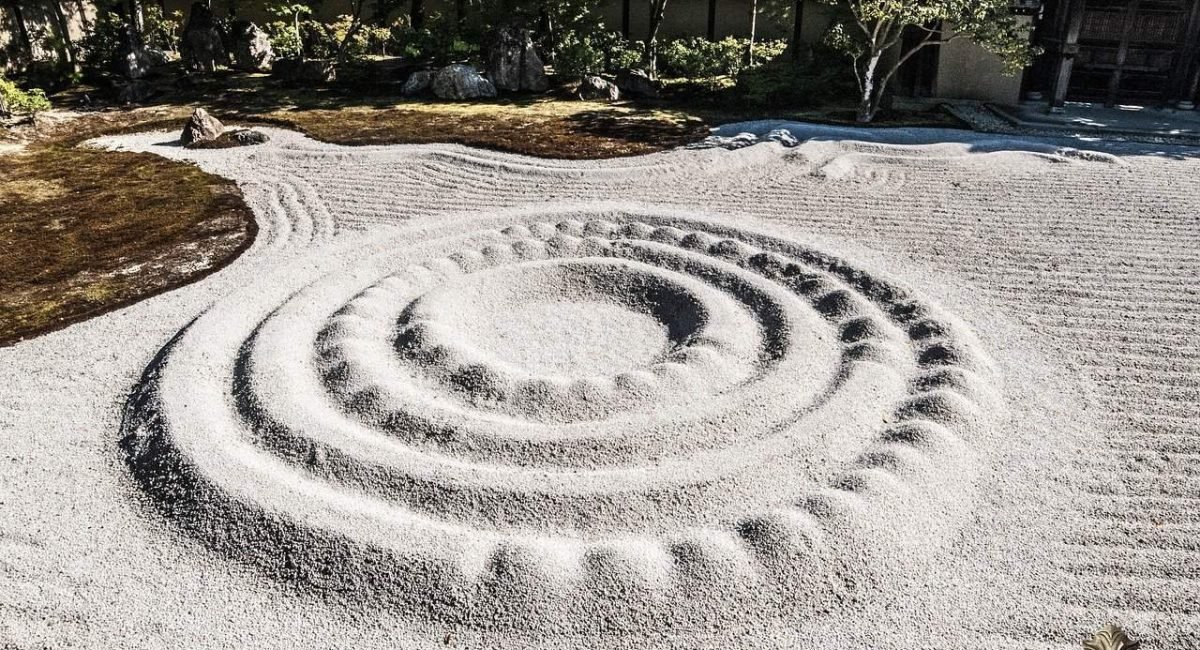
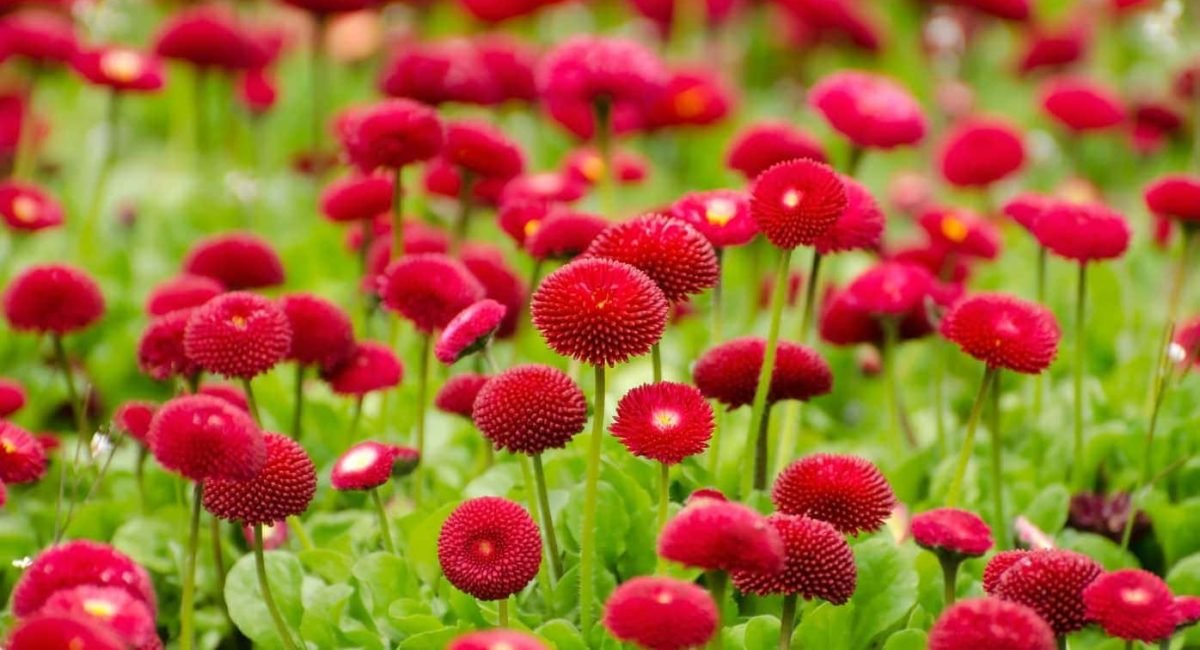




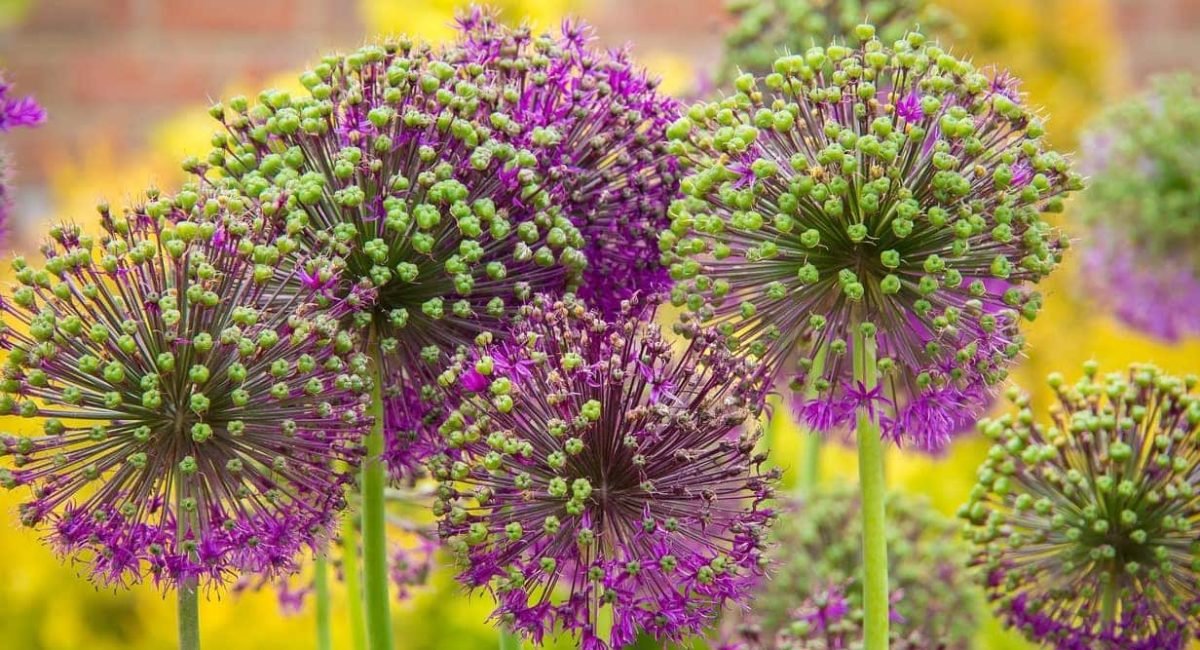
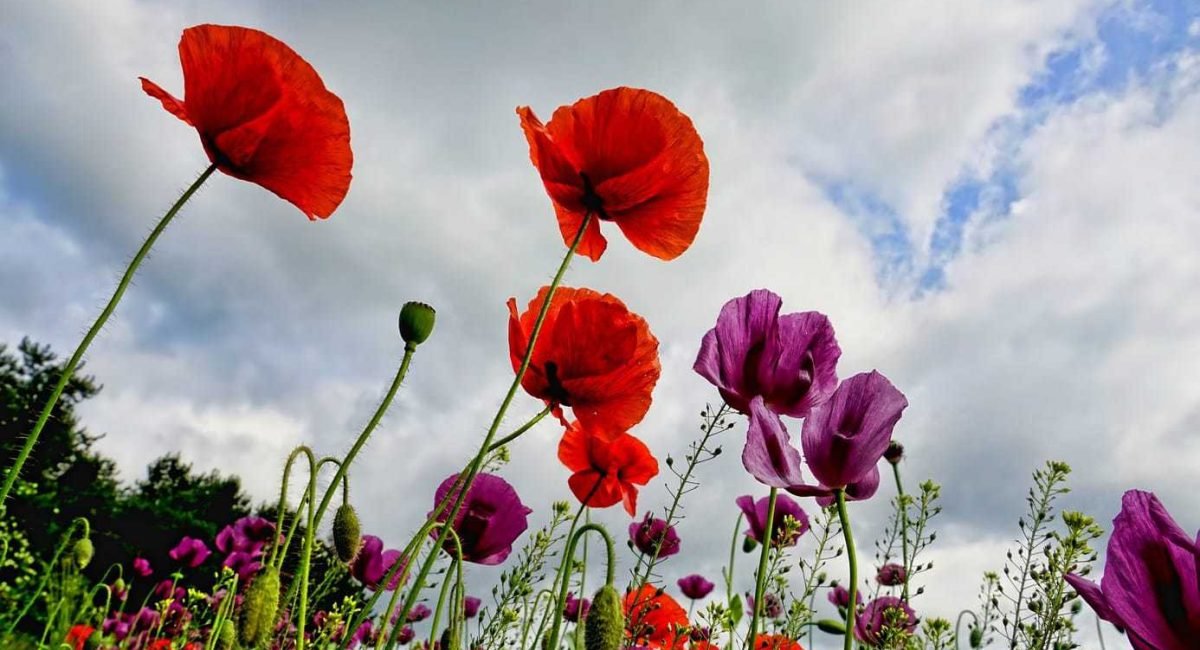







Visualisation:
Visualisation can seem like an abstract, even slightly hippie, concept. We are however, all visualising all the time; when we remember, when we imagine, when we hope. If we set clear intentions to our visualisation we can use it as a positive wellbeing tool. We all wash our hands between patients, more now than ever. When you do this simple act, visualise everything that happened in that consultation being washed away, listen to the water as it gurgles down the plug hole and feel the fresh pure water on your skin making you clean and ready for the next patient. You can do this between phone calls if needed. If you have had a difficult consultation then turn up the power of the visualisation, imagine black tar washing away and the water as a pure white cleansing stream.
Anchor positive emotion:
Positive thoughts create positive feelings and positive behaviours. If you have had a really rough surgery, the NLP technique of anchoring positive emotions is perfect. This technique links a positive emotion/experience to a physical location on your body. You can fire this anchor whenever you need. Creating such an anchor is one of the tools in our book ‘How to Rise’ which is available for pre-order now.
